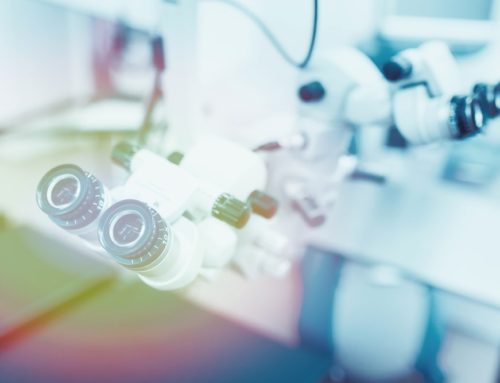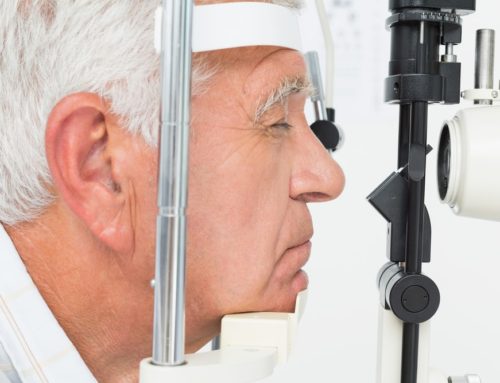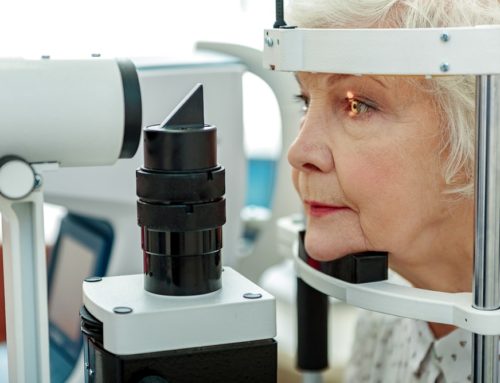High eye pressure after retinal surgery
Retinal surgery can be a highly complex operation, and the skills of the highly experienced retinal surgeon are required.
Why might you need to see a highly experienced glaucoma specialist as well? The eye pressure can be very sensitive to retinal surgery. The condition that has damaged the retina can also cause glaucomas such as diabetic eye disease or multiple retinal detachments. Gas or oil is often used to fill the back chamber of the eye to support the retina as it heals from surgery.
These gases and oil are often critical to the success of the surgery. However, they can interfere with the normal flow of internal fluid within the eye causing the pressure to rise dramatically. Pressure lowering drops and tablets are very helpful in treating this. In some cases, the eye pressure remains high even when the retina has fully recovered from surgery. Due to the underlying problem that damaged the retina in the first place.
Special patients, special treatment
This persistently high pressure can damage the optic nerve as secondary glaucoma. It is frustrating to have a very successful retinal operation and yet still be at risk of losing your vision due to secondary glaucoma. When drops alone are not enough to control the pressure, then glaucoma surgery is the next step. This can involve implanting a glaucoma drainage device or tube into the eye to help the fluid to drain more efficiently.
It may involve cataract surgery with a laser inside the eye to reduce the amount of aqueous fluid the eye produces. In any surgery on the eye, one operation affects the success of the next, and this is especially true of retinal surgery followed by glaucoma surgery. For example, trabeculectomy surgery is often not as successful after a retinal operation as it would be if you didn’t have a retinal problem.
Not all high pressure that happens after retinal surgery will be persistent. However, where it does an experienced glaucoma surgeon who works closely with retinal surgeons will advise you on the most personalised treatment plan. No one wants to have more operations than necessary. We want to ensure that each operation is planned to ensure the best outcome for your retina and eye pressures. The more you understand how one affects the other, the better it is for you and your surgeons alike.








Leave A Comment